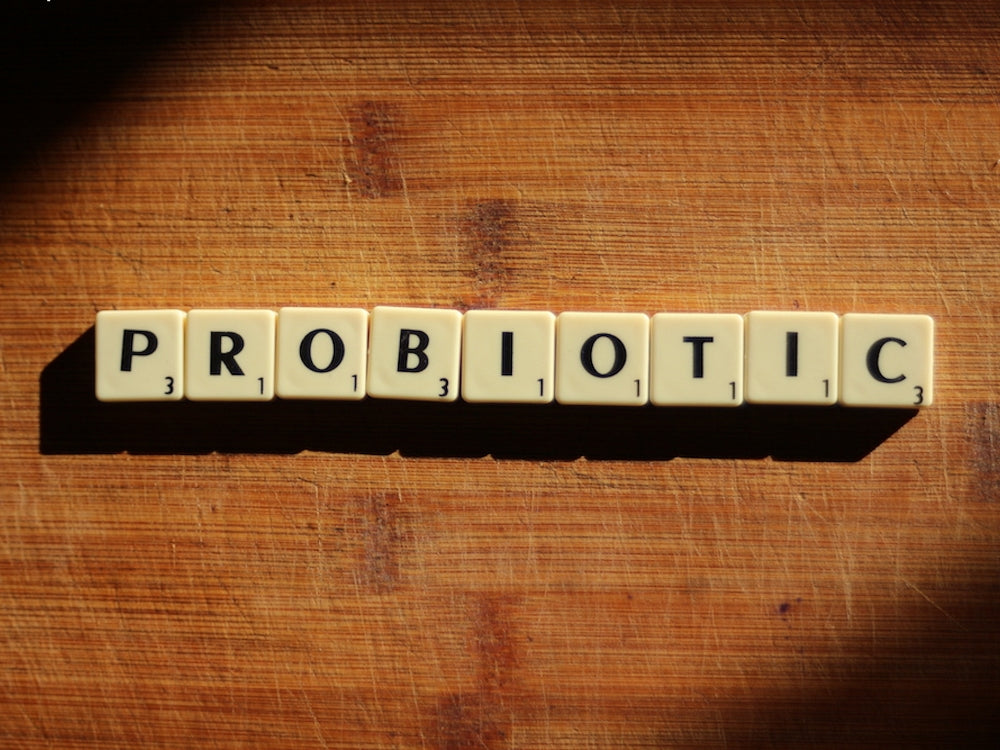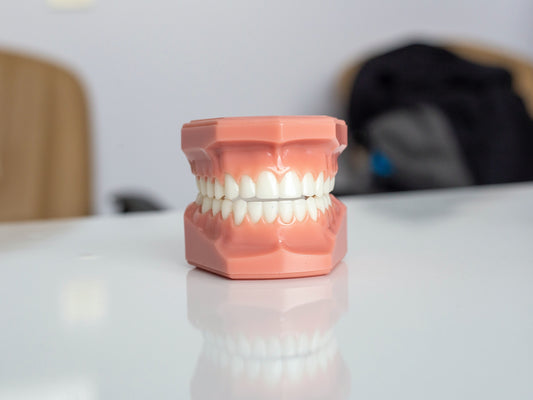Gut health is vital for overall human health since gut bacteria ensure that your digestive system works best. While most people suffer from too few good gut bacteria, it’s also possible to suffer from the opposite problem. Your gut is a balanced ecosystem that suffers badly from microbe overpopulation as much as it does from underpopulation. You can avoid a gut imbalance by not taking too many probiotics.
Can You Overdose on Probiotics?

Yes, but it’s rare. You can’t ‘overdose’ on probiotics in the conventional sense, i.e., consume them to the point you suffer from dangerous side effects. Instead, overdosing leads to gut health complications.
The human gut contains 40 trillion microbes, including fungi, yeasts, and bacteria. These microbes form an entire ecosystem in your intestines. If that ecosystem becomes overpopulated, it results in mild-health complications, but nothing potentially fatal.
You’re far more likely to have an underpopulated gut than you are an overpopulated one. That being said, overdosing on probiotics should not be taken lightly either. If you’re concerned about overdosing, the following signs will help determine that.
Signs You May Be Taking Too Many Probiotics
Gas
Probiotic overdose can cause the problems you acquired probiotics to correct. Gas issues are a common symptom of probiotic overdose. The American Journal of Health-System Pharmacy explains that initial probiotic use causes gas build-ups due to your body adjusting to new bacteria populations.[1]
Excess microorganisms engage in a ‘feeding frenzy’ when you eat, which ferments the food in your gut into excess air. This excess air results in excess flatulence. [2]
The excess flatulence does not last long. Usually, people will report excessive flatulence for several weeks before it subsides because the body adapts to the probiotics. If the excess flatulence continues after several weeks, it’s an indication of small intestinal bacterial overgrowth (SIBO). [3]

Headaches
Some people develop headaches in response to excess probiotic consumption. Bacteria in probiotic food sometimes produce undesirable biogenic amines that cause headaches to some people. These headaches rarely develop in lower probiotic doses. [4]
Your intestines detoxify these biogenic amines when you consume probiotic food in small quantities. With higher doses of probiotics, your intestines get overwhelmed and cannot detoxify all biogenic amines. The result is increased headaches. [5]
Most of these biogenic amines are found in probiotic-rich foods that have been fermented. For example, wine, cheese, certain fish, and dried meat are probiotic-rich foods that undergo fermentation. A probiotic supplement is unlikely to provide enough biogenic amines to cause headaches.
Infection
Probiotics increase infection risk for people with reduced immune functions. People who have the following conditions have the greatest infection risk: [6] [7]
- Suppressed immune systems
- Recently undergone surgery
- Recently experienced prolonged hospitalization
- Use venous catheters
The overall infection risk is low. Currently, no serious infections due to probiotic overdose have been reported during clinical studies of the general population. The infections that do occur are easy to treat.
These small-risk infections positively respond to traditional antibiotic or antifungal treatment. In exceptionally rare cases, people have died from these infections. [8]

Allergies
Probiotic overdose can raise histamine levels, increasing allergies. Certain bacteria in probiotic supplements produce histamine in human digestive tracts, causing blood vessel dilation. Blood vessel dilation increases blood vessel permeability, permitting immune cells to easily enter tissues for combating pathogens.
The result of this process is allergy symptoms. People experience redness and swelling in the affected areas, in addition to experiencing allergy symptoms, including watering eyes, itching, runny noses, or breathing difficulties.
Allergy symptoms are particularly bad for people whose bodies cannot effectively process histamine. [9]
Diarrhea and Stomach Aches
Like flatulence, diarrhea and stomach aches are common symptoms of general probiotic use. Similarly, diarrhea and stomach aches should cease after several weeks as your body adjusts to the probiotics. If the symptoms persist longer, it’s a sign of probiotic overdose. [10]
Long-term bloating and stomach aches can cause nausea and cramping. If you experience these symptoms long-term, it’s evidence of a possible probiotic overdose. Diarrhea should also subside quickly. [11]
Long-term diarrhea indicates microbiome imbalance. Assuming there are no other obvious causes, excess probiotics are likely responsible for long-term diarrhea. Excess probiotics impair your digestive tract, resulting in diarrhea. [12]
How to avoid overdose and how to deal with it
Research your probiotics carefully. Faulty manufacturing or contamination can cause your probiotics to damage your health. As such, research your probiotic supplements, ensure you purchase desired strains and obtain your probiotics only from trusted brands that have been extensively tested.
If you’re currently experiencing overdose symptoms, alter your dosage. Either reduce your dosage, use a different bacteria strain, or purchase the same dose and strain from a more reliable brand.
If changing the dose fails, you may consider intervention. If you have bacterial growth, like SIBO, you might need antibiotic treatment to eliminate the excess bacteria. Always consult your doctor before consuming antibiotics. [13]
Probiotics are beneficial for gut health when consumed in moderation. Overdosing on probiotics can lead to negative symptoms, including flatulence, stomach cramps, diarrhea, and heightened allergies. Always consume probiotics in safe amounts from trusted brands to avoid overdose.
References



























